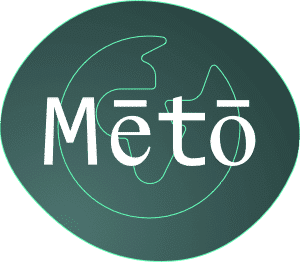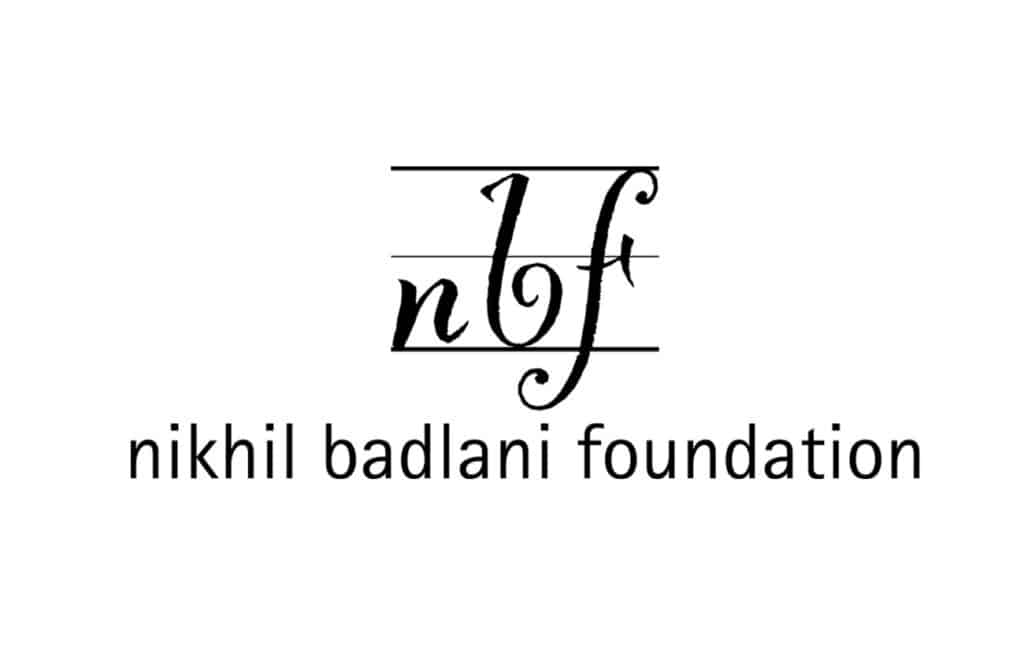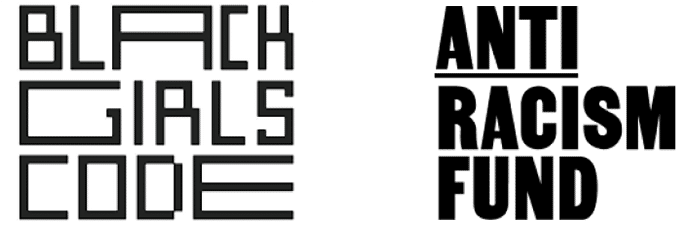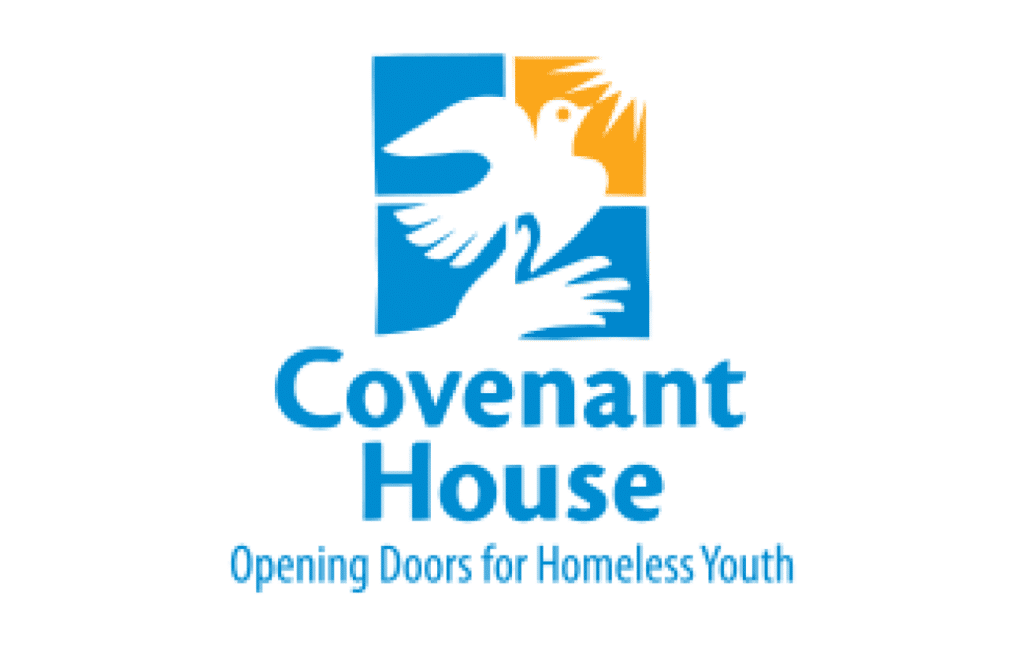Why long-term DX success requires a people-first approach
All around the globe, burnout – a state of physical or emotional exhaustion that also involves a sense of reduced accomplishment and loss of personal identity – has emerged as a major health crisis.
To put it bluntly, the statistics around this issue are alarming. To start, a 2021 study of over 1,000 workers conducted by job aggregator, Indeed, found that more than half (52%) of respondents were feeling burned out, and more than two-thirds (67%) believed the feeling has worsened over the course of the pandemic.
Sadly, this issue seems most acute amongst working parents. A new report released by Ohio State University found that 66% of working parents meet the criteria for parental burnout — a condition where chronic stress and exhaustion overwhelm a parent’s ability to cope and function.
While workplace and parental burnout is caused by a number of factors, there’s no denying that workplace technology plays a role in both the prevention and amplification of employee burnout. Especially in remote work environments and knowledge-based professions, few factors shape our work life more than digital technology.
However, though digital transformation is often touted as a means to improving the employee experience, all too often, the opposite happens. In fact, whether due to a lack of training or the sheer effort it takes to manage multiple applications, a 2021 poll found that:
- 35% of all U.S. employees are frustrated with their organization’s technology in general
- 45% of workers say that technology does not make their job easier
- One out of three employees say that workplace technology has a zero to negative impact on their ability to serve internal and external customers
- 37% of employees said that technology either has no effect or makes it more challenging to collaborate with colleagues
So how do you ensure your digital transformation actually enhances peoples lives both at and outside of work? Well, we have a few ideas.
Co-Create Human-First Digital Transformations
It is often said that “happy employees make happy customers.” This applies to digital transformation as well. When embarking on a new DX initiative, it’s critical to involve employees from day one.
The truth is, regardless of an employee’s skill level, the presence of automation alone can increase job security-related anxiety. In fact, studies have shown that not only is automation anxiety pervasive, it may be making workers sick.
“Human creativity is necessary for innovation and the human element is at the root of all digital transformation. You cannot engage in any elements of digital transformation, without first considering the human-based artistic elements that will drive it, be it your internal teams or your consumers. Most organizations make the mistake of digging into the technology first, rather than scoping out the overall business objectives and mapping them to the current manual processes, workflows and initiatives that are prime for digitization and automation,” explains Jay Kulkarni, CEO and Founder of Theorem Inc.
He advises, “When initiating digital transformation within an organization, it is critical to involve team members at all levels to get a full understanding of employee needs and what elements of digitization will help to fulfill those needs. This is where creating a Center of Excellence (COE) comes into play. Creating a COE that has key stakeholders from all levels of your organization will not only give you a holistic view of your business needs and relevant areas primed for digitization, it will also give your employees a voice. Collaboration and feedback is a crucial element of digitization implementation and developing a well-structured COE will get you there.”
Another potential solution, according to Karina Monesson, Sr. Manager, HCM Research & Advisory, UKG, is design thinking. As she puts it, “following a design thinking process and soliciting employee feedback are excellent methods to help you determine which areas of the employee experience need the most support. Once you’ve established bottlenecks or pain points, you can choose the right technologies and pitch it to your people by highlighting exactly how it suits their specific needs. Execution and change management strategies are much more likely to achieve maximum adoption and efficiency when they’re designed with an organization’s unique culture and processes in mind, so communication and technology choices have to be personalized and tailored to you.”
Training, Upskilling & Reskilling
One reason new technology causes stress is that employees simply aren’t trained to use it effectively. As Keith Moore, Chief Product Officer, AutoScheduler.ai explains, “People resent technology when it is an open threat to their livelihood or costs them time and effort. [When] cross training does not occur, people feel inflexible and locked into their current roles — the best organizations want their employees to grow.”
Equipping employees with the skills and, more importantly, mindsets needed to thrive in the digital age is not a one and done deal. Doing so effectively requires extensive, ongoing coaching that is personalized to individual needs.
In addition to enaging with employees early on, DX leaders also need to partner with HR teams to identify skills gaps as well as who is best suited to adopt these new skills and how to train them is paramount to success. Furthermore, while most reskilling programs focus on building technical awareness, don’t forget to cultivate “soft skills” such as communication and relationship building.
Last but not least, researchers from McKinsey have found that reskilling programs at small organizations (fewer than 1,000 employees) are often more successful than those at large ones. This is because smaller organizations tend to be more agile and have more visibility into skills shortages. In order for upskilling iniatives to succeed, DX leaders can’t be afraid to start now, test rapidly, fail fast and iterate.
Avoid Application Overload
A 2020 study, From Work Chaos to Zen: How Application Overload Redefines the Digital Workplace, found that 69% of the 2,000 workers from the US, UK, and Australia surveyed wasted up to an hour a day navigating between apps. In addition, say they toggle between apps up to 10 times per hour
As startling as that figure is, it does not include the time it takes to locate the right application for their needs nor the amount of productivity lost per day due to disruptive alerts.
The time has come for organizations to consolidate and integrate their massive application footprint whether through APIs or IPaaS.
As Stanley Huang, CTO at Moxo, told us, “digital transformation has ultimately turned into digital fragmentation, and the digital employee experience needs to catch up to the seamless, and uberized customer experience.”
He adds, “As customers, we have become used to seamless and intuitive interactions, but as employees stepping into the workplace, we are often met with a different experience. So do away with those outdated legacy systems, and instead, opt for technology that provides a unified experience that reduces the amount of touch points to access information. This will instantly speed up the flow of communication across the organization and allow teams to operate more efficiently.”








